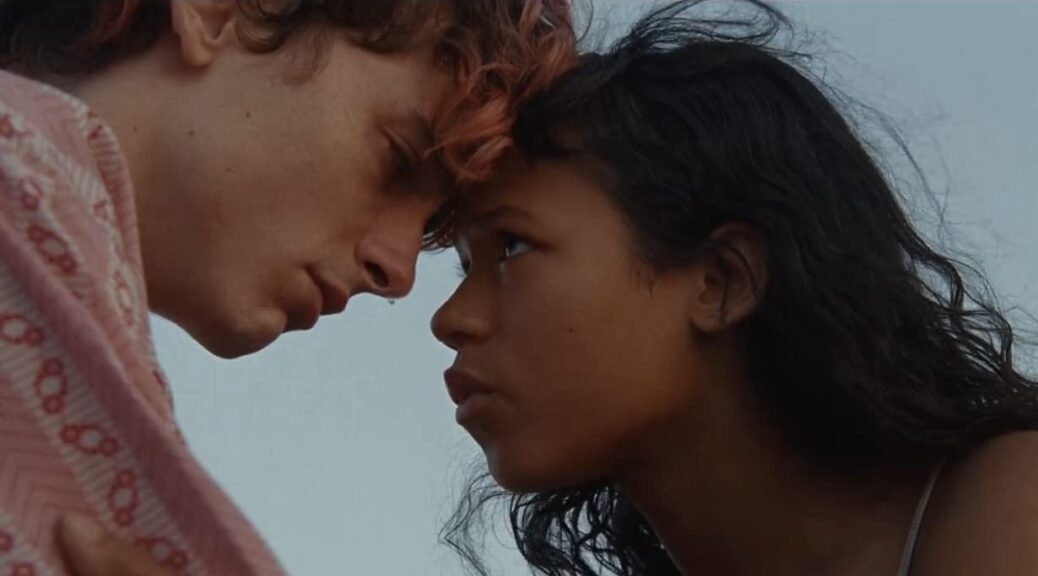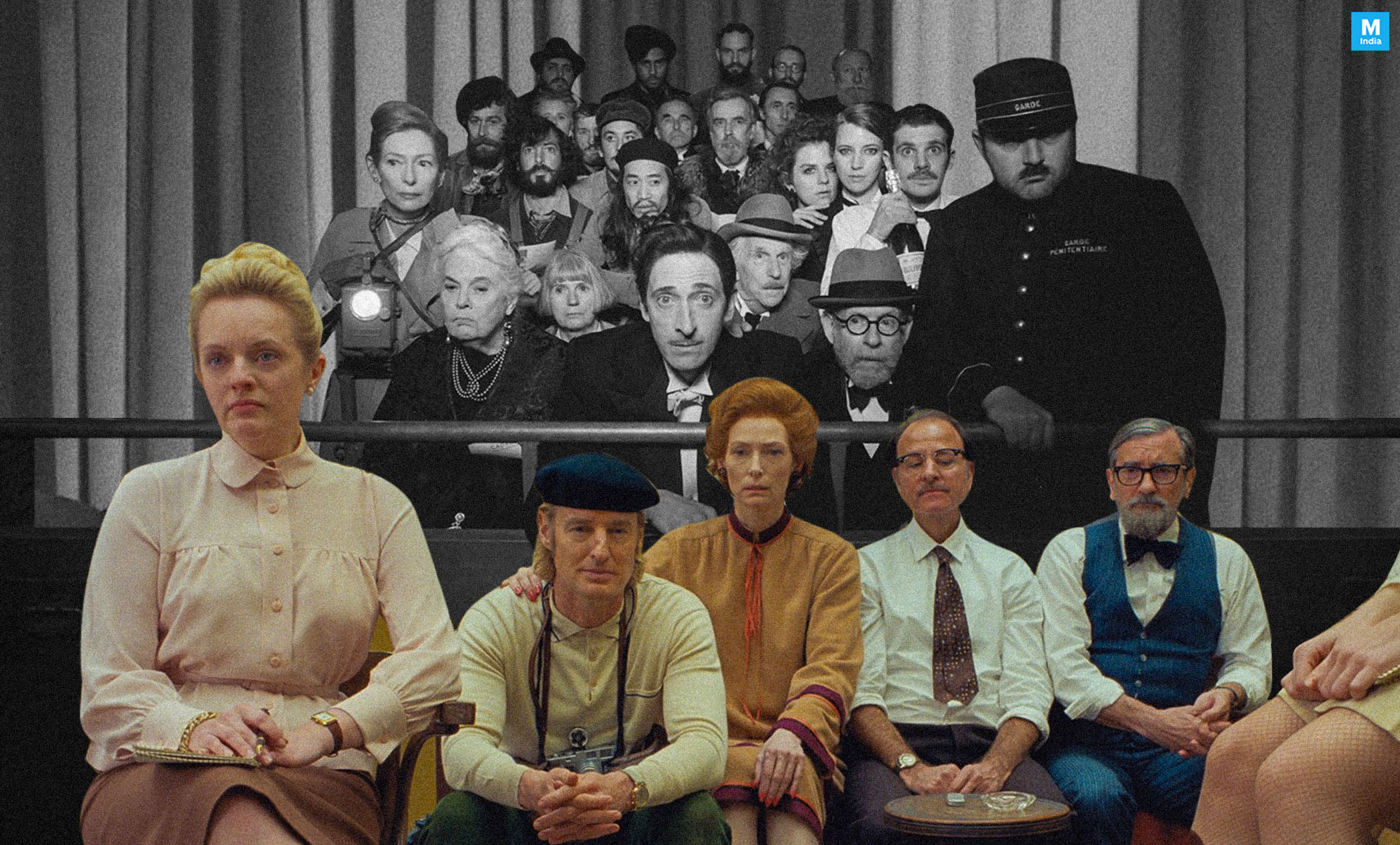Bones and All
by Hope Madden
You might be surprised to know there is some cinematic precedent for cannibal romances. Julia Ducourneau’s Raw equated coming-of-age with the lust for human flesh. Claire Denis did something similar with her 2001 French horror Trouble Every Day, and Ana Lily Amirpour’s 2017 The Bad Batch chewed that same bone. And of course, there’s Joe D’Amato’s 1977 softcore Emanuelle and the Last Cannibals, although I don’t recommend that one.
I do recommend Luca Guadagnino’s latest, based on Camille DeAngelis’s popular YA novel, Bones and All.
The film follows Maren (an absorbing Taylor Russell, Waves), coming of age on the fringes of Reagan-era America. She meets and slowly falls for another outcast with similar tastes, Lee (Timothée Chalamet), and the two take to the road.
Given what the handsome young lovers have in common, you might expect a sort of meat lovers’ Badlands to follow. But Bones and All is less concerned with the carnage left in a wake than in what’s awakening in these characters themselves.
And all the characters are quite something. Michael Stuhlbarg, David Gordon Green, Chloë Sevigny, Sean Bridgers and especially Mark Rylance populate an America easily corrupted by invalidation, loneliness, otherness. “This world of love has no love for a monster.”
These characters range from creepy to terrifying, their potential danger even more unnerving than the violence they exact. They become the obstacles along Maren and Lee’s romantic journey, but Guadagnino (Suspiria, Call Me By Your Name) and a terrific cast never let them amount only to that.
Bones and All is a tough one to categorize. I suppose it’s a horror film, a romance, and a road picture – not three labels you often find on the same movie. In Guadagnino’s hands, it’s more than that, though. He embraces the strength of the solid YA theme that you have to be who you are, no matter how ugly the world may tell you that is. You have to be you, bones and all. Finding Maren’s way to that epiphany is heartbreaking and bloody but heroic, too.









